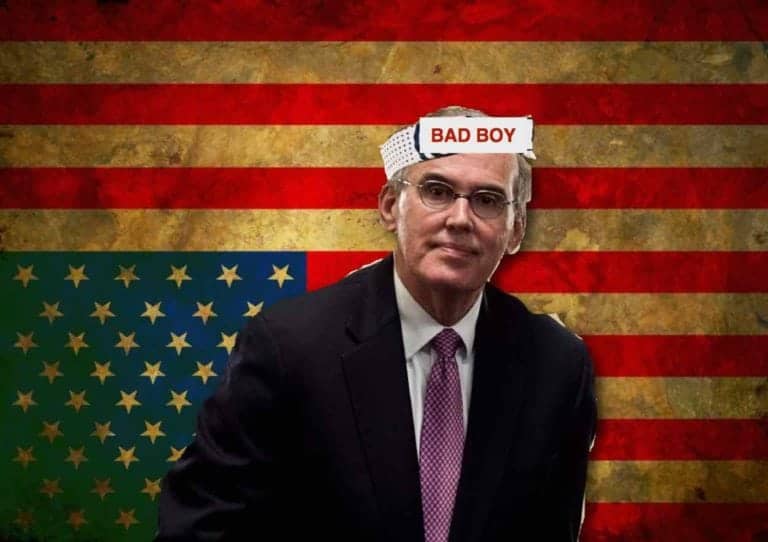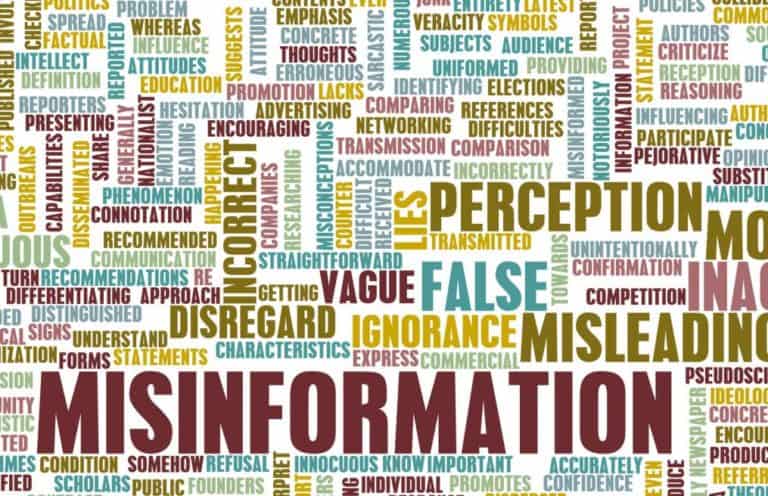VA Closes Equity Office Amid Budget Shift: What It Means for Veterans
In a move that signals a significant shift in administrative priorities at the Department of Veterans Affairs (VA), the agency has disbanded its Office of Equity Assurance (OEA) — a unit established under the previous administration to address disparities in the delivery of veterans’ benefits.
The decision has sparked a spirited debate on Capitol Hill and among veterans’ organizations. While some view the move as a common-sense redirection of resources toward core veteran services, others worry it may slow progress on ensuring consistent benefit access across the veteran population.
What Was the Office of Equity Assurance?
The OEA was launched to evaluate claims and compensation patterns and identify disparities by race, gender, geographic location, and other demographic factors. The office’s creation followed studies indicating uneven benefit outcomes across different groups of veterans.
According to the VA’s own 2022 internal analysis, Black veterans were found to be “less likely to receive disability compensation than their white counterparts,” even when controlling for similar conditions and service records (VA Equity Action Plan, 2022).
The OEA’s stated mission was to “root out inequity” and promote trust in the VA system. However, some questioned whether the office added clarity or simply another bureaucratic layer.
Why the VA Closed the Office
VA Press Secretary Pete Kasperowicz explained that the decision to close the OEA was based on a broader departmental strategy to streamline operations and direct funding toward services that directly benefit veterans. In a statement to The Washington Examiner, he said:
“The Department of Veterans Affairs remains committed to treating all veterans fairly. The resources previously used for internal equity analysis will now be focused on enhancing medical care, benefit processing, and access to earned services.” (Washington Examiner, March 30, 2025)
The closure comes as part of a larger effort led by the Department of Government Efficiency (DOGE), chaired by Elon Musk, to reduce federal spending by $1 trillion. This campaign includes targeted reductions in non-clinical VA staff and reallocation of funds to frontline healthcare delivery and modernization efforts.
Pushback from Advocacy Groups and Lawmakers
Not all are convinced this redirection is harmless. Rep. Mark Takano (D-CA), ranking member of the House Committee on Veterans’ Affairs, labeled the closure “short-sighted” and warned it could reverse hard-won gains.
“Shutting down the OEA without ensuring there’s a robust alternative for accountability is reckless,” Takano said in a press briefing. “Veterans who’ve historically been underserved are now left without a dedicated watchdog.”(Politico, April 1, 2025)
Advocacy groups representing minority veterans voiced concern that the decision removes oversight at a time when disparities, though narrowing, still exist. Retired Army Captain Glenn Holmes of the Black Veterans Project stated:
“The consequences of removing equity tools from the VA could be dire for veterans who’ve already fought hard to be recognized.” (Military Times, April 2, 2025)
Still, others argue that equity in outcomes is best achieved through improving quality and access across the board — not by funding initiatives that divide veterans by subgroup.
What It Means for Veterans
For veterans seeking benefits, the question now is whether the removal of a dedicated equity office will have any measurable impact on outcomes — or whether it clears the way for a more focused, unified VA mission.
Some observers say the real test will be in results. If the VA can process claims faster, reduce wait times, and expand access to underserved rural areas, the reallocation may prove worthwhile. If disparities widen or if issues go unaddressed, expect calls to reinstate the OEA or a similar watchdog function.
For now, the VA has signaled that it will continue internal reviews through its Office of Inspector General and regional leadership teams.
Looking Ahead …
The VA’s decision to disband the Office of Equity Assurance reflects a deeper tension in public policy: Should accountability be enforced through dedicated offices and identity-based oversight, or through universal standards applied equally to all?
Veterans’ groups, lawmakers, and observers will be watching closely to see whether this change results in better service or unintended consequences. One thing is clear — veterans of every background deserve timely, competent, and consistent care, no matter the structure delivering it.





So build a “Community Based Outpatient Clinic” hours away from a VA hospital to “offer care to more people,” then make the veteran drive 2 hours to the hospital to get an MRI? What was the point in the clinic again? Shots and pills? Shots and pills could also be easily gotten in the area without the clinic. I can get an MRI done fast and easy in the community, and if not, I’d still end up driving 2 hours away to get one regardless. The Veterans Healthcare Administration itself is fraud, waste, and abuse. They hire a lot of people with mental health problems too.
Need to pass laws that VA must give denial letters when they have no intention of doing what needs to be done for any certain condition. Instead we get no answers or they run people around in circles and provide lower level of healthcare insufficient to recover from a health condition. “If you don’t like it then leave” and “complain about it and we label you “entitled” needs to be replaced with formal denial of care letters.
They refuse to actually fire the people who undermine trust in the VA. That’s the funniest thing about it all. How can you talk about crazy stuff that happened in service if you can’t even bring up some of your own behavior that’s out of line now? And some of those shrinks in there only care about wielding their philosophy and political power. They’ll even say it out loud…”I can get a job outside of here just as easy.” So they’re there to wield political and philosophical power at any cost.
The VA in several regions needs to be closed down since historically they’ve failed to subordinate their employees and provide necessary healthcare for veterans. I’ve seen people in there who had basically written their own DSM for mental health and armchair diagnosis, discrimination, and even dehumanization was happening. Denial of care for service connected conditions was also happening. If privatizing the place is what is needed to be able to sue then so be it.
We need a representative from the courts at VHA since the executive won’t police itself. The Veterans Healthcare Administration will use anything and everything they can get their hands on to deny care and discriminate. We need the courts to issue judgements against these lawless and abusive people. They lie and assassinate people’s character!